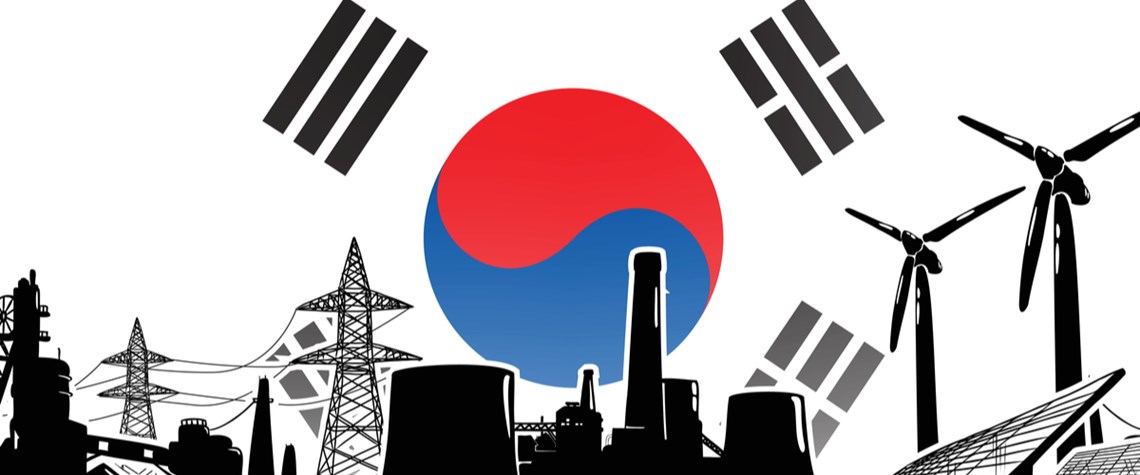Chaebols may hinder Green New Deal progress
South Korea’s conglomerates do not appear enthusiastic about curtailing carbon emissions, and their dominance crowds out more innovative contributors
South Korea’s Green New Deal risks being derailed by legacy players keen to use the long timescale required to build a hydrogen economy as a way of postponing meaningful action on emissions. The industrial establishment favours the hydrogen economy option due to the extended period that would be needed to build it, says Melissa Brown, director of energy finance studies, Asia at research body the Institute for Energy Economics and Financial Analysis in Hong Kong. South Korea’s state-controlled power companies are “inherently conservative and backward looking”, she says. President Moon Jae-in’s mandate for reform was strengthened by an absolute majority for the ruling Democratic Party in parli

Also in this section
9 January 2026
A shift in perspective is needed on the carbon challenge, the success of which will determine the speed and extent of emissions cuts and how industries adapt to the new environment
2 January 2026
This year may be a defining one for carbon capture, utilisation and storage in the US, despite the institutional uncertainty
23 December 2025
Legislative reform in Germany sets the stage for commercial carbon capture and transport at a national level, while the UK has already seen financial close on major CCS clusters
15 December 2025
Net zero is not the problem for the UK’s power system. The real issue is with an outdated market design in desperate need of modernisation







